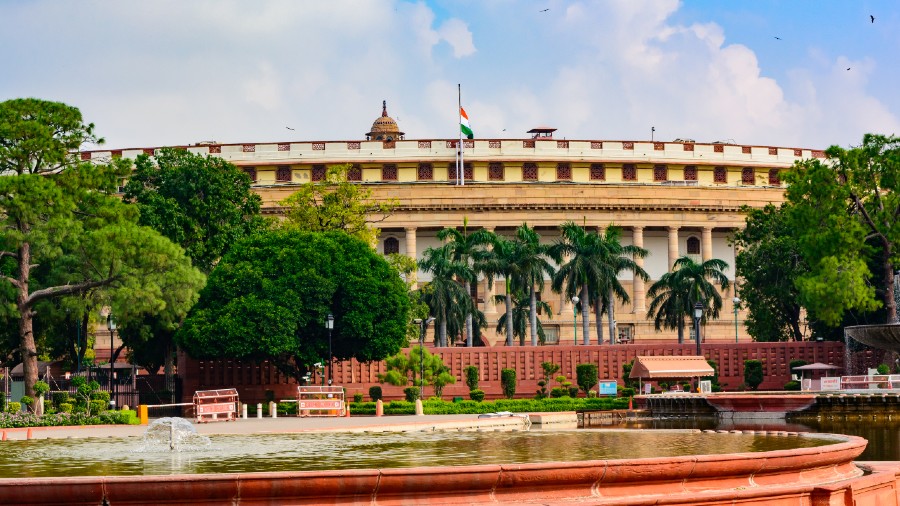YES
Promotes autocracy
One of the myths bigger parties spread successfully is: coalition governments are unstable and bring anarchy. They often cite the example of the Janata Dal-led United Front government in 1996-98. India did not collapse as a country then, no foreign country attacked us, communal riots did not break out and neither did the GDP suffer at all. On the contrary, the IT industry took off in this period. Surely, there was friction as all parties tried to address their constituencies. But compare that to authoritarian rule by single-party majority governments later. Had there been a multi-party coalition at the Centre, India would not have witnessed Emergency (1975-77) or demonetisation (2016) that adversely impacted millions.
Sujay Bose,
First Year, J.K. College, Purulia, West Bengal
Federal India
India is a conglomeration of several states as good as small nations. That’s why it needs a federal structure where multiple voices are heard from multiple parties. One nation, one party will never work for this large country full of diversity. A majority government hardly thinks about the minorities or weaker sections of the society. If anything, “weak” governments tend to be more people-friendly as there is the danger of mid-term elections all the time. The late Kanshi Ram had once joked that he preferred a majboor (dependent) sarkar to a mazboot (majority) one as it is more likely to cater to the weakest sections of society.
Anil Bhandari,
Third year, City College, Calcutta
More representative
A coalition government is good for federal India. As per the provisions in the Government of India Act, 1935, the Indian Constitution fulfills the essentials of a federal system by having two levels of governance, the state Assembly and the central Parliament. A coalition government empowers the ideologies of a federal structure as it represents the choice of more numbers of voters, represents more ideologies and allows great minds to work together.
Mohammad Aquib,
Fifth year, BA LLB, University Law College, Bhubaneswar, Odisha
Inclusive policies
Despite what most people think, it is not single-party governments but coalition governments that are associated with periods of greater economic growth, foreign investment, and less economic volatility in India. Coalitions generate more inclusive policies because of wider representation, lending them credibility. With many minds at work, the chances of a flawed policy being implemented also decreases.
Dibya Rana Saha Roy,
Third year, University of Calcutta, Calcutta
NO
Regional agendas
A coalition means a group of small parties that comes together to meet personal agendas. Why should we allow regional parties to determine the path of our country?
Basant Kumar Behera,
Class IX, St. Helen School, Calcutta
It may collapse
A coalition government is supported by individuals with different ideologies. So they may withdraw support anytime, resulting in the collapse of the government, which is undesirable.
Biswadeep Datta,
Third year, University of Engineering and Management, Calcutta
One leader
There should be one strong candidate to take charge, one mindset to run the government. After all, we are the world’s largest democracy. Why should we have a plurality of views at the Centre? If too many people start suggesting, there will be a mix-up of ideologies, and instead of building up, all will be brought down to ground level.
Anuron Mullik,
Fourth year, Narula Institute of Technology, Calcutta











